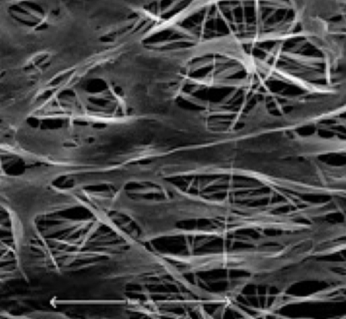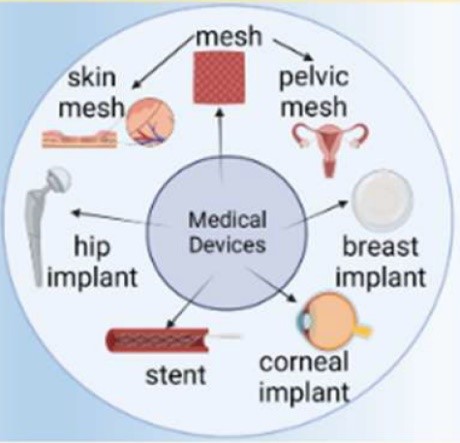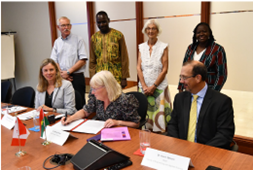The Faculty of Engineering has selected three emerging research clusters to support their evolution into future research centres. By providing support to these emerging clusters, the Faculty aims to foster innovation, collaboration, and excellence in research while addressing pressing global challenges.
This initiative aligns with the ambitious research intensification aims outlined in the Faculty's Strategic Plan.
"This strategic support from the Faculty will give these emerging research clusters a boost with the aim of enabling them to grow into thriving research centers,” says Amir Fam, Vice-Dean (Research). “In turn, this will strengthen Smith Engineering's position when it comes to attracting students, securing research funding, and garnering industry support.”
After issuing an open call for emerging clusters, a committee carefully evaluated submitted applications and live pitches. The selection committee consisted of members of the Faculty's research implementation committee and the awards committee whose members did not have a conflict of interest with any of the submitted proposals. The selected clusters will benefit from staff assistance in developing large funding applications, as well as financial support for speakers, events, and other developmental activities.
“Both faculty and students will benefit from increased research collaborations and synergies, an enhanced training environment, and greater external recognition of our research strengths in these areas,” says Fam. “Furthermore, the outcome of this initiative directly aligns with Queen's strategic mission to address the Sustainable Development Goals of the United Nations.”
Researchers, industry professionals, and other interested parties are encouraged to engage with these new clusters by reaching out to the cluster leads indicated below.
The three selected emerging research clusters are:
Emerging Cluster for Biomaterials
Brian Amsden (lead), Laurent Béland, Kevin De France, Lindsay Fitzpatrick, Heidi Ploeg, Roshni Rainbow, Asli Sari, and Laura Wells

Design of Biomimetic Materials
This cluster brings together faculty from three engineering departments to contribute to the rapidly expanding biomaterials industry, currently estimated at $135 billion globally. Their research focuses on innovative areas such as biomimetic scaffolds for tissue engineering, injectable drug delivery systems, antimicrobial coatings, and biodegradable metals for orthopedic and cardio-pulmonary applications. The establishment of this cluster complements the existing graduate Collaborative Program in Biomedical Engineering and the new undergraduate Biomedical Engineering program, set to launch in fall 2026.
Emerging Cluster in Sex and Gender Considerations for Biomedical Devices
Laura Wells (lead), Angela Coderre-Ball, Claire Davies, Lindsay Fitzpatrick, Katrina Gee, Susan Phillips, and Heidi Ploeg

Developers, regulators, physicians, and researchers of medical devices often fail to consider sex differences of patients, such as differences in immune response. This gender bias has led to adverse treatment outcomes for females. The researchers in this interdisciplinary research cluster will develop a comprehensive framework to address this failure of traditional device development and approval processes at every step, starting with a redefinition of device success that will incorporate the perspective of patients and other interested parties. They plan to develop better experiments for testing new devices and engineered tissues, and to innovate device designs that will exemplify this inclusive approach. Ultimately, they seek to change research and industry practices in this crucial area.
Emerging Cluster in Sustainable Engineering for Global Development
Qingguo Li and Mark Green (co-leads), Claire Davies, Heidi Ploeg, and Roshni Rainbow

Signing of a Memorandum of Understanding with representatives from Burkina Faso.
This emerging research cluster has a mission of global impact through sustainable engineering innovation and community-driven programs. The researchers aim to develop sustainable engineering solutions for worldwide challenges in collaboration with international partners, and train students to adopt a global perspective. Additionally, they plan to engage Indigenous communities through co-design processes, fostering capacity-building. With a focus on addressing the United Nations' Sustainable Development Goals, this cluster will also serve as a resource for other researchers interested in international or indigenous research collaborations.
"This new cluster will generate new collaborative opportunities for researchers to solve world challenging problems and engage our students in the area of global engineering," stated Dr. Li.